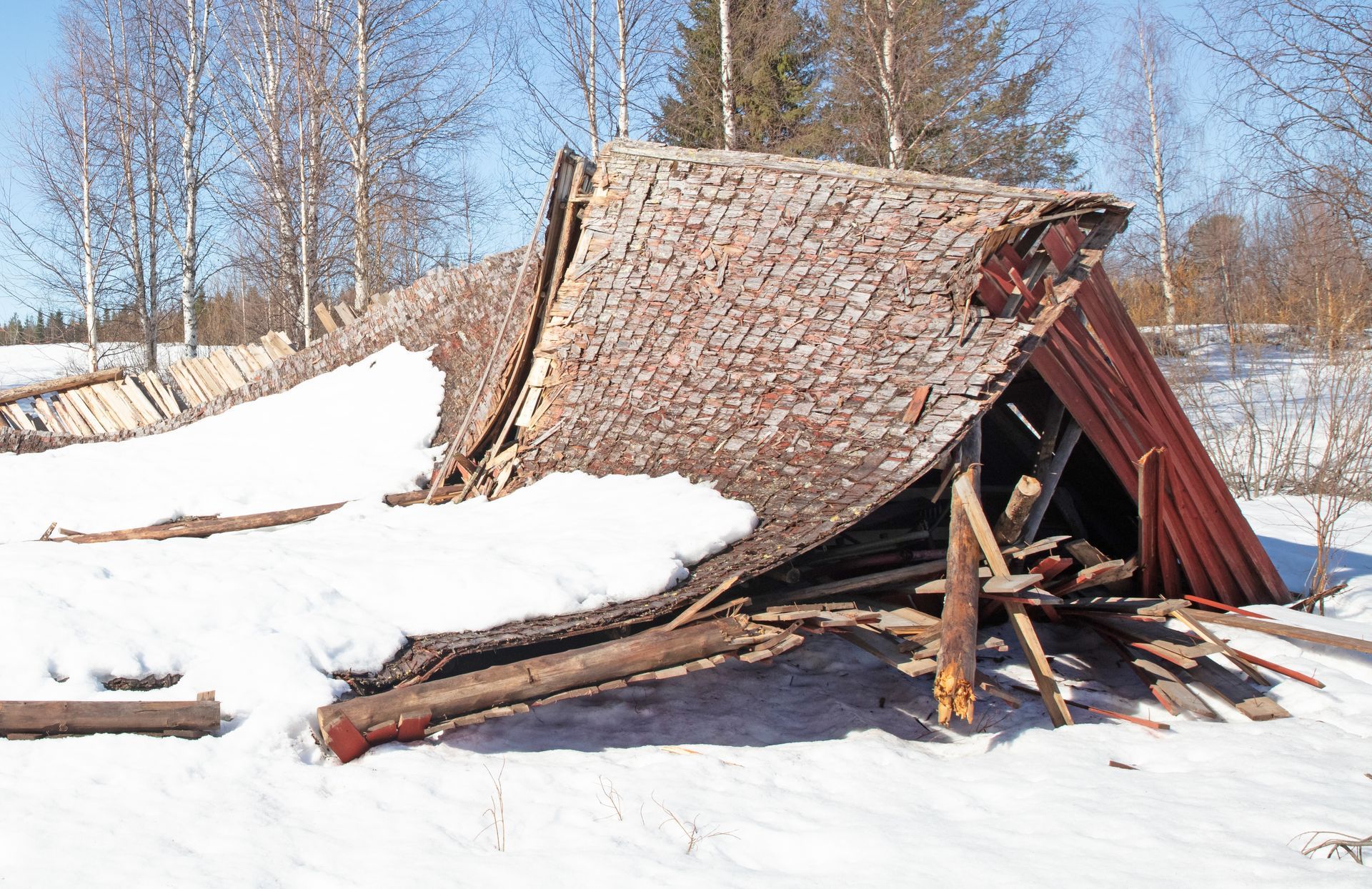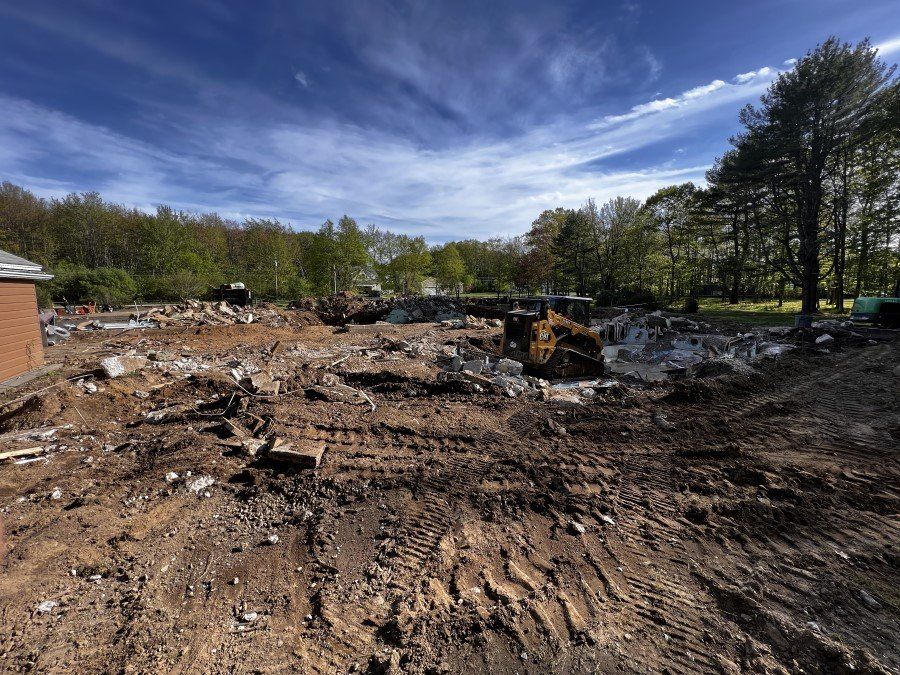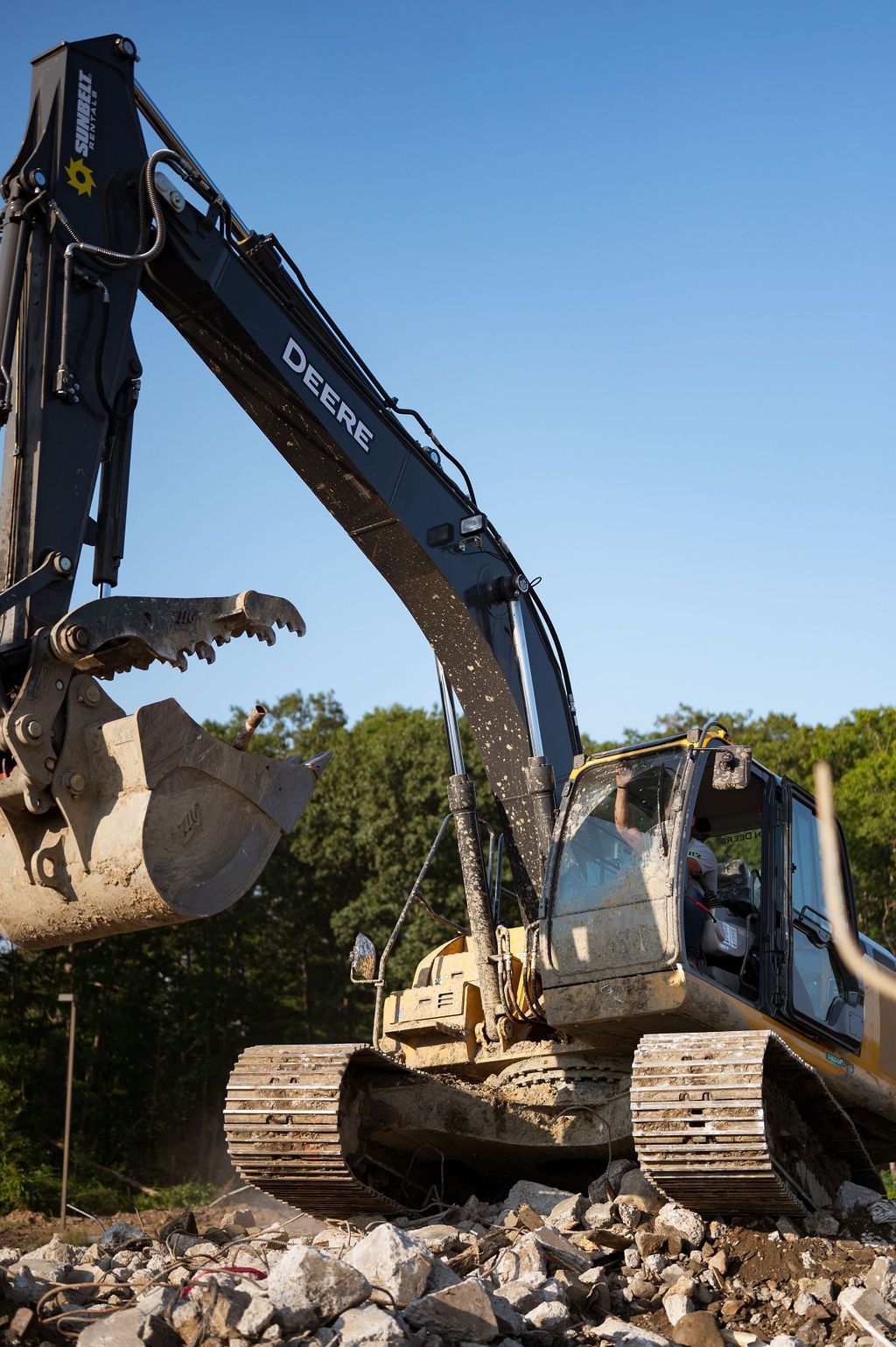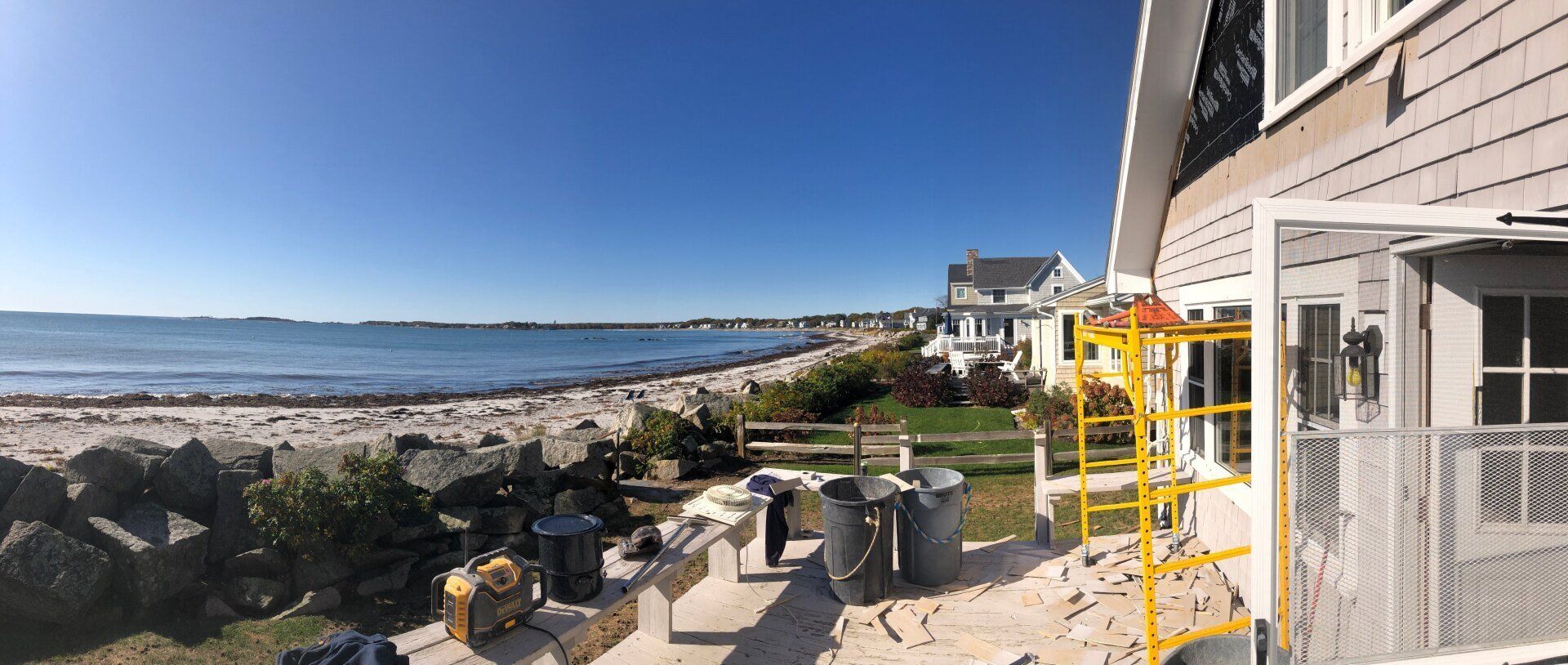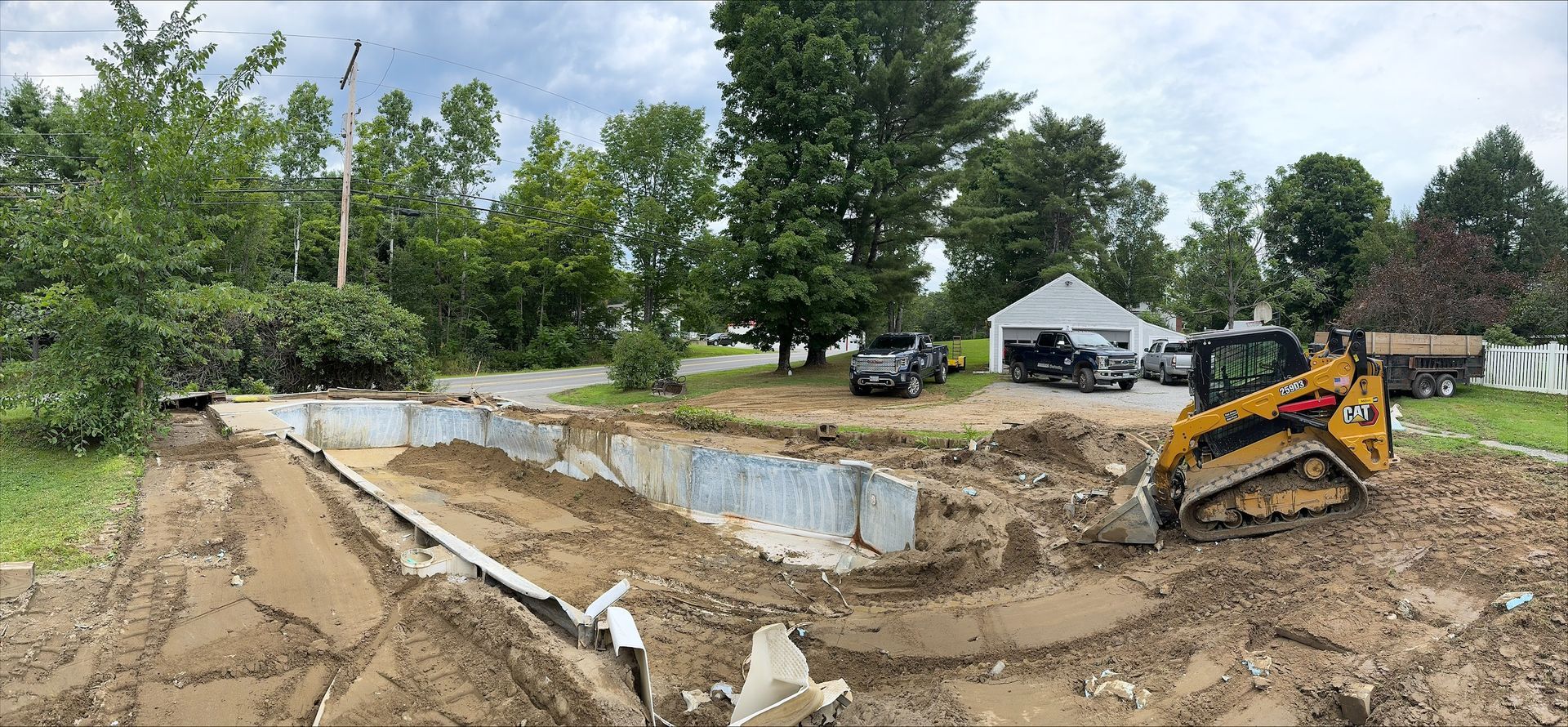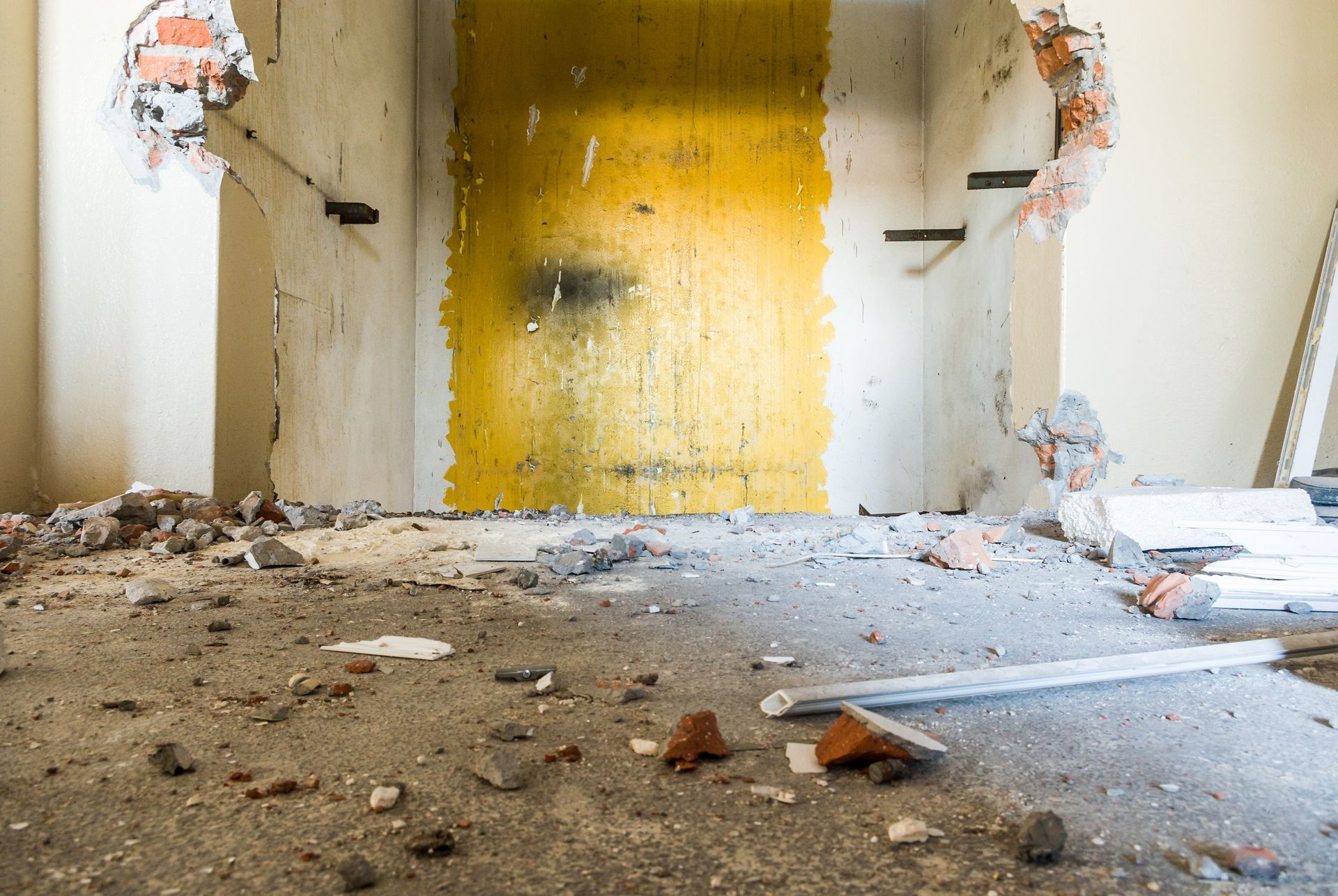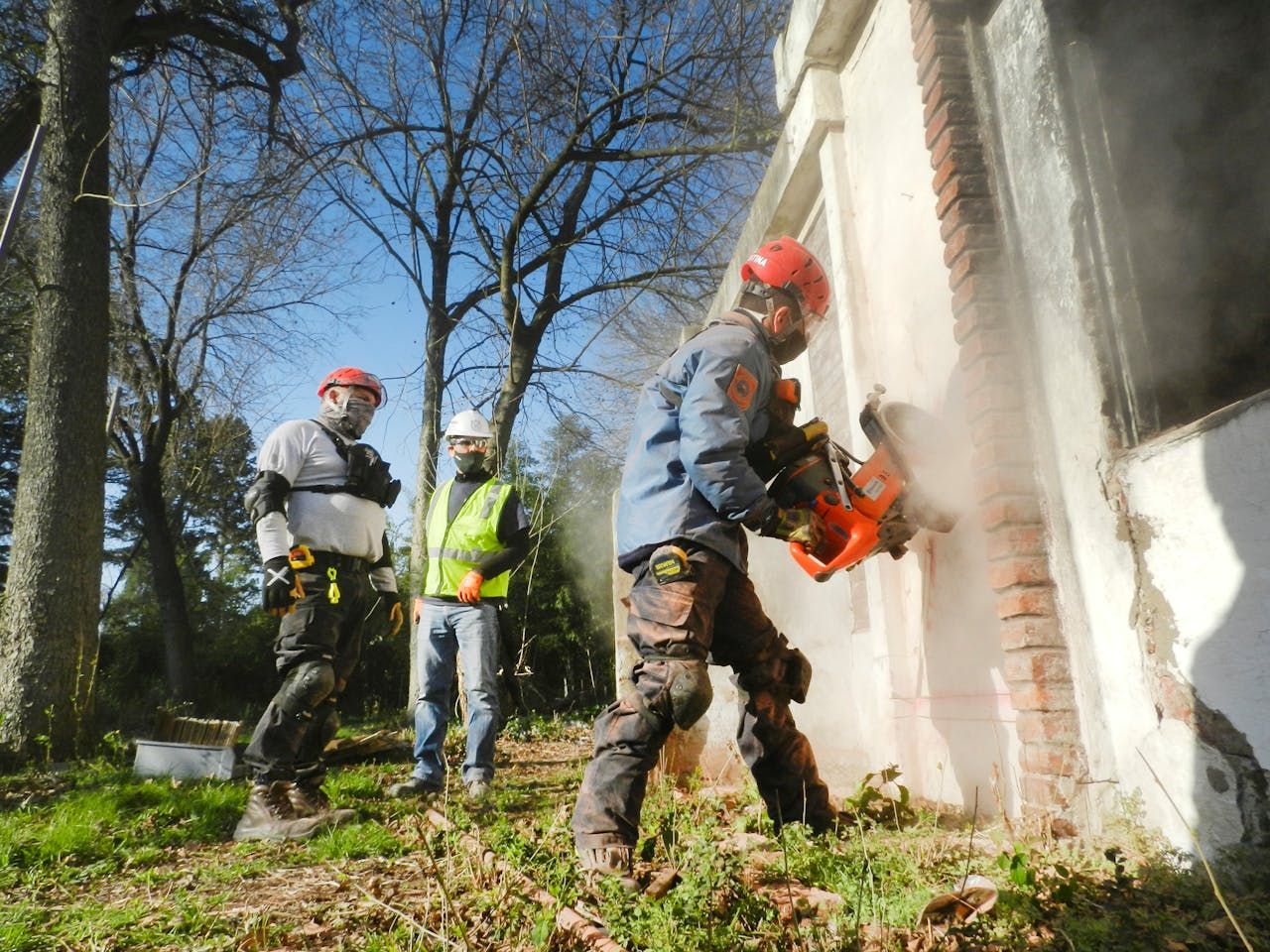The Benefits of Swimming Pool Removal for Your Property
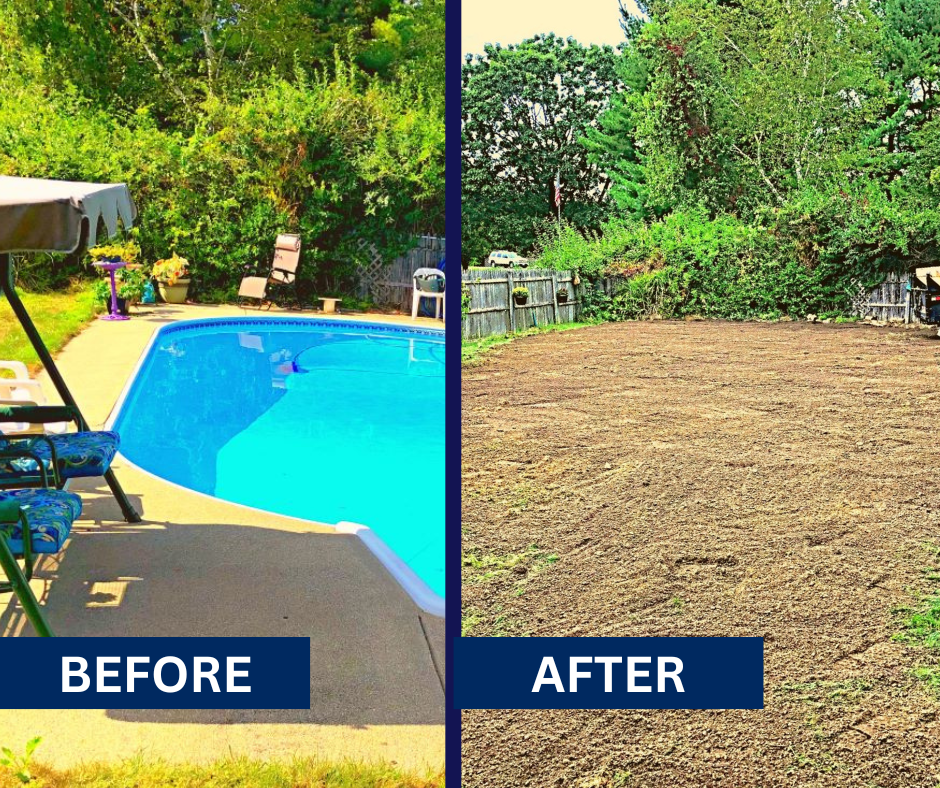
Swimming pools are often considered luxurious additions to residential properties, offering relaxation, entertainment, and a place for leisure. However, as trends and preferences evolve, many homeowners are opting to remove their swimming pools for various reasons, such as saving money and time. Read on to understand a few benefits of removing pools from your property.
Eliminating Maintenance Cost
A swimming pool involves ongoing maintenance costs, including cleaning, chemical treatments, and repairs. However, once you remove the pool, you can eliminate these recurring expenses and free up their budget for other priorities. Additionally, removing the pool reduces the need for specialized equipment.
Ensuring Safety and Peace of Mind
Swimming pools can be risky, especially if you have little ones or furry friends running around. Despite safety measures like fences and alarms, accidents happen, and they can be devastating. Taking out the pool makes your place safer for your loved ones and eases worries about accidents and any legal headaches that could come with them.
Increased Exterior Space
One of the most significant benefits of removing a swimming pool is the new space it creates on your property. Removing a pool will give you the opportunity to reimagine your outdoor space and utilize it in versatile ways. Whether you dream of a lush garden, outdoor living area, or dedicated play area, you can open up a world of possibilities for customization and enjoyment.
Improved Property Value and Marketability
While swimming pools may attract some buyers, they can be a hindrance for others, particularly people who are hesitant about the maintenance or safety risks. By removing the pool, you can broaden the appeal of your property to a broader range of potential buyers. Without it, the property's backyard becomes a blank canvas for buyers to create their own outdoor landscape. This could increase the property's value and marketability in the real estate market.
Environmental Benefits
Swimming pools require significant water usage, which can strain local water resources in drought-prone regions. After the pool removal, you can conserve water and reduce your home’s environmental footprint. Furthermore, pool chemicals can leach into the soil and groundwater, potentially contaminating the environment. So, you will eliminate this risk and promote a healthier ecosystem with the process.
A swimming pool removal is an excellent decision for homeowners who want to make their property safer and more marketable. If you’re a Portland resident looking for a reliable demolition contractor for the process, Briggs Contracting can be your reliable partner. Our team has the expertise to safely and efficiently remove your swimming pool and reclaim your backyard. We'll guide you through the process, ensuring minimal disruption to your daily routine. Call (207) 939-7807 today to schedule a consultation!


